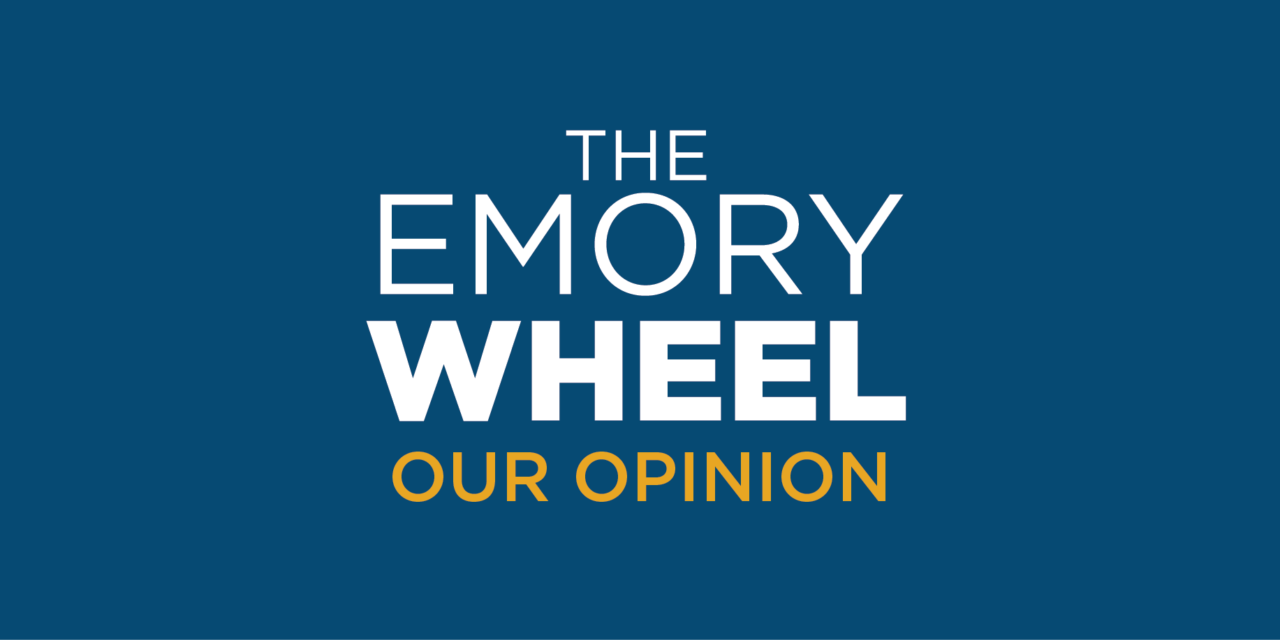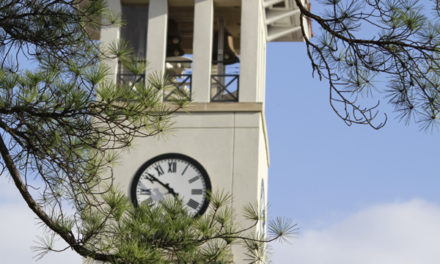American musician and songwriter Paul Simon is set to be the featured guest-speaker as a part of the Richard Ellmann Lectures in Modern Literature. Simon is best-known for his success in his musical duo with Art Garfunkel, Simon and Garfunkel. The lectures will begin on Feb. 10 and will end with a concert on Feb. 12. The series of lectures will include lectures and discussions regarding Simon’s career, history in music and general lifestyle. On Feb. 12, Simon will be pairing up with Billy Collins, a reformed poet, for a round-table conversation.
The lecture series was established in 1988 in honor of Richard Ellmann, the first Robert W. Woodruff Professor who served from 1980 to 1987. Ellmann served as a prominent figure in writing and public lectures. He was also critically acclaimed for his contributions to the biographies of famous writers James Joyce, Oscar Wilde and W. B. Yeats.
Emory has invited numerous high-profile guest speakers at this lecture series, and we at the Wheel applaud Emory’s choice in bringing in Simon. Emory has typically chosen poets and novelists to come and speak at the University. By inviting a singer/songwriter to this high-profile event, those behind the event also show an appreciation for prose within song lyrics. Varying the types of lecturers demonstrates a wide spectrum of artistic ability, something Emory students should be exposed to. It can be argued, however, that this decision may trivialize the accomplishments of other artists, such as authors or essayists. On the other hand, this is a wonderful opportunity to give singers and songwriters attention as well.
Previous lecturers include Seamus Heaney, an Irish writer and translator who received the Nobel Prize in Literature in 1955; Henry Louis Gates Jr. in 1996, an American writer and scholar who was the first African-American to be awarded the Andrew W. Mellon Foundation Fellowship; Salman Rushdie in 2004, a British-Indian novelist, essayist and Emory professor, well-known for his controversial novel Satanic Verses; and most recently, Margaret Atwood in 2010, a Canadian poet and novelist.
This event is also a great publicity opportunity for the University as it provides positive press. The advertising for the event was efficient and included interviews from faculty and students in order to get the word out. The day the tickets were released lines were never-ending, telephones were tied up for hours and obtaining a ticket was nearly impossible. Considering that tickets sold out almost instantaneously, it is evident that the community has been waiting for this kind of opportunity.
The Emory Wheel was founded in 1919 and is currently the only independent, student-run newspaper of Emory University. The Wheel publishes weekly on Wednesdays during the academic year, except during University holidays and scheduled publication intermissions.
The Wheel is financially and editorially independent from the University. All of its content is generated by the Wheel’s more than 100 student staff members and contributing writers, and its printing costs are covered by profits from self-generated advertising sales.





